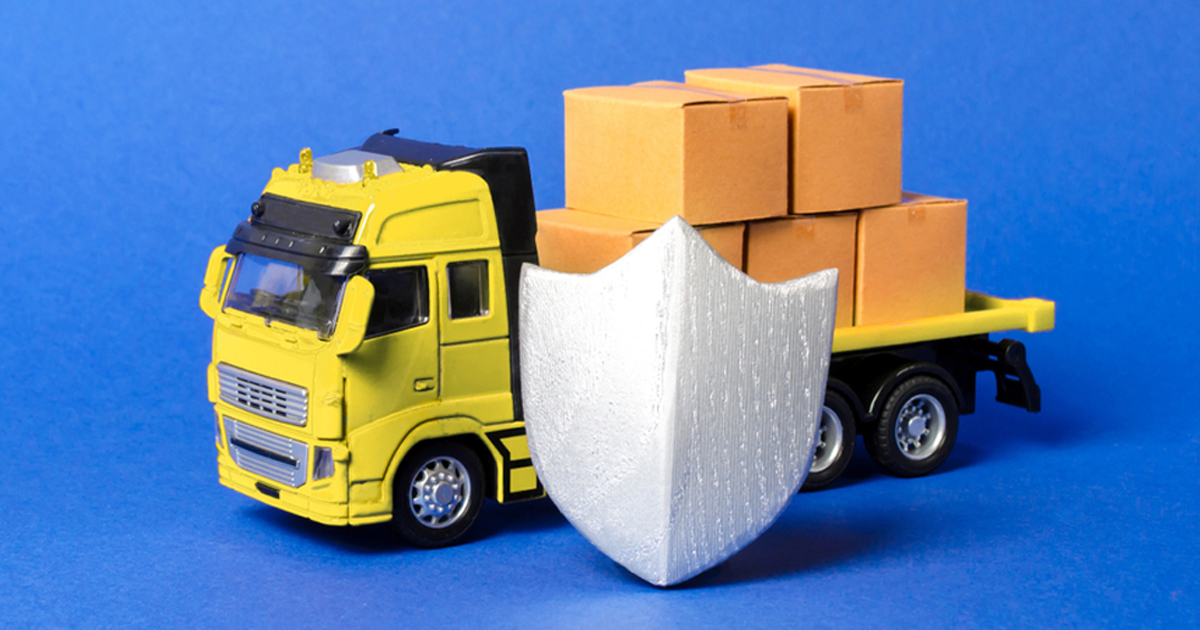5 Tips for Buying the Right Commercial Truck Insurance

- Obtain an Insurance Buying Guide which will help you navigate your way through the commercial auto insurance process. Here is an example All commercial auto owners should have a basic knowledge of what commercial auto insurance is before purchasing anything.
- Determine how much commercial auto insurance you need. In general, this is somewhere between 20% – 30% of your business’ gross income.
- Interview several different agencies. Find those who are working for you from the first phone call.Find an agency that can look at your business, without asking many questions, and present you with full package coverage. This coverage will include the smaller nuances that maybe you hadn’t thought of.
- In choosing an agency, be sure to ask the following question: Do you work for the client or the carrier? This question is important. As an example, when buying and selling homes, there is a clear cut process of who works for the seller and who works for the buyer. In the commercial auto industry, it is less clear. You want a company that works to find the client the best options rather than a company that works for the commissions of the carriers. Alchemy Insurance makes this a priority in their company. They work for the client. Period.
- In addition to purchasing insurance for a fleet of delivery trucks or your own food truck, consider insuring not only the vehicle, but also the employees who work on the vehicle, and the cargo that truck carries. Strange things happen in life. Wouldn’t you rather have the support of insurance rather than gambling without it, and needing to pay out of pocket in the future?
For example, in late September 2022, a FedEx driver found a baby who had crawled under his truck while he was not in the vehicle. He was delivering packages across the street. Thank goodness he saw the baby before anything dreadful happened, due to his keen awareness of his surroundings. He did not go back into the truck until the baby was returned to her home. As stated above, strange things happen everyday. This short story is one example of a happy ending. There are other stories that have much different outcomes. For these cases, commercially used vehicles need to have commercial auto insurance.
Food trucks are all the rage and have been for sometime. Drastically moving away from the simple hot dog sales on the street, people want fresh, new, and tasty food. Before you paint that truck, there are a few things to understand about the commercial auto insurance needed for food trucks, delivery trucks, and all other trucks used for commercial use. Who needs commercial insurance? According to a leading insurance agency, Alchemy Insurance, “All states require you to carry commercial auto coverage,” regardless if the automobile or truck is leased or owned outright.
“Alchemy” means a seamless process of transformation or combination. This description fits well with Alchemy Insurance’s services. This insurance company covers all things personal insurance, as well as a hoard of commercial insurance plans. The commercial auto insurance coverage spans from food trucks to semi- trailers to basic cars used for commercial use, such as Uber drivers. Alchemy Insurance easily packages personal and commercial plans for clients, to make the commercial auto insurance process as easy as possible.
Alchemy Insurance explains who needs commercial auto insurance:
- Motor Carriers – these are for-hire-trucking companies that have a fleet of vehicles.
- Owner-Operators – individuals who own their own trucking business instead of renting out vehicles.
- Private Carriers – individuals that use their own personal vehicle to transport good for their employer
Various areas that commercial auto insurance covers:
- Bodily injury liability, which covers injuries to the driver, or an employee, and causes someone else.
- Personal injury protection, which covers medical care for the driver and passengers of the car or truck.
- Comprehensive coverage, which covers damage or theft of the car or truck itself that is caused by natural disasters or man made items that may damage the vehicle, such as a downed tree.
- Collision coverage, which pays for damage to the vehicle if it is damaged by another vehicle or rollover, regardless of which driver is at fault.
- Guaranteed asset protection coverage, which, in the case of an accident that totals the vehicle, pays the difference between the amount owed on the vehicle and the cash value of the vehicle.
- Uninsured and underinsured motorist coverage, which pays for injuries and damages if a person is hit by an uninsured, underinsured, or unknown driver.



